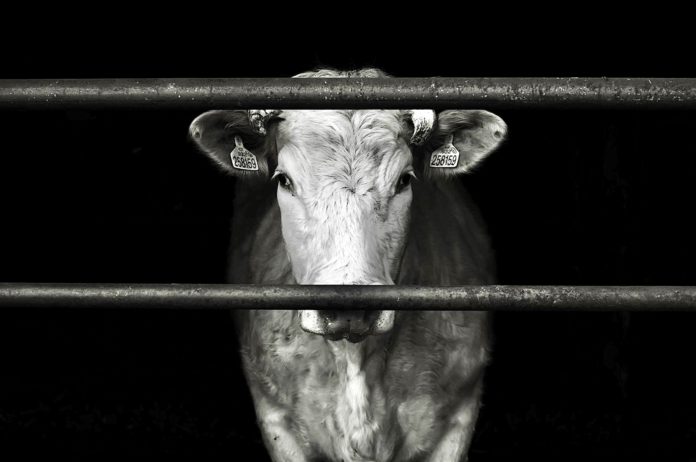You can help all animals and our planet by choosing compassion on your plate and in your glass. #GoVeg
RELATED ARTICLES
Pressure Mounts For Arizona To Ban Dog Pack Hunting Of Mountain Lions, Bears & Other Critical Species
Conservation groups have submitted a petition to the Arizona Game and Fish Commission urging a ban on the use of dog packs for hunting...
Help Save Millions Of Lives This Holiday By Choosing Compassion On Your Plate; Adopt A Turkey Today!
As Thanksgiving approaches, we hope you enjoy a warm and safe holiday. We encourage you to make a compassionate choice by leaving animals off...
Giraffes Are One Step Closer To Receiving Vital Endangered Species Act Protections
In response to a petition and subsequent lawsuit by conservation and animal protection organizations, the U.S. Fish and Wildlife Service (USFWS) has proposed listing...
Popular stories
News
Plant-Based Meats Are Becoming Mainstream As Nearly 1/4 Of Americans Are Now Consumers
Nearly one-fourth of U.S. consumers report eating plant-based meat or seafood products, revealing that plant-based eating is going mainstream and no longer niche, according...
US News
Thousands Call On The University Of Memphis To Stop Using A Live Tiger Mascot Named TOM III At Football Games And Retire Him To...
Photo from In Defense of Animals
The University of Memphis has traveled with a live tiger as the team's mascot to football games for more than four decades. Over...
!! Coronavirus
New York City Launches COVID-19 Pet Hotline To Provide Support For Animals Of Residents Affected By The Coronavirus
The New York City Emergency Management Department and the Mayor’s Office of Animal Welfare today announced the launch of the NYC COVID-19 Pet Hotline.
The...



